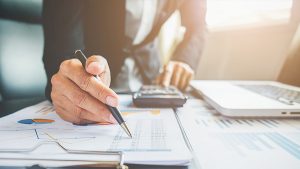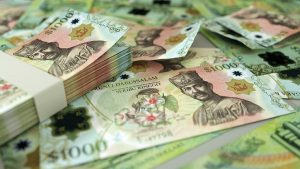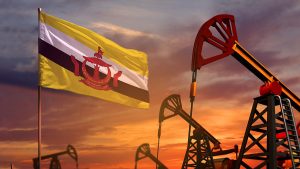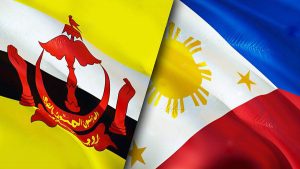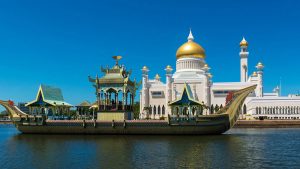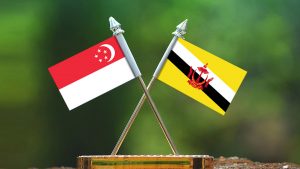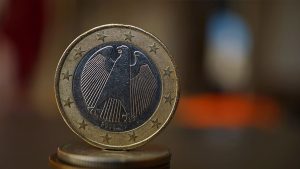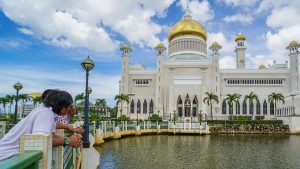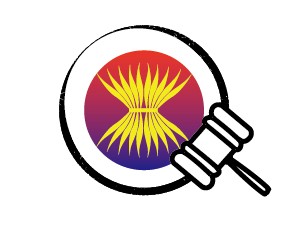Audit and Compliance in Brunei: A Guide for Foreign Investors
Private and public companies in Brunei are obligated to audit their accounts as well as hold annual general meetings once a year.
A Guide to Taxation in Brunei
As a resource-rich country with a small population, Brunei has one of the least number of taxes in Asia.
Moving Away from Oil: How Can Brunei Diversify its Economy?
Brunei sees diversification as integral to its economic development and has outlined plans to reduce oil dependency and develop other industries.
Philippines and Brunei Sign Double Tax Avoidance Treaty
The Philippines and Brunei have signed a double taxation avoidance treaty that will eliminate double taxation on the income generated from cross-border transactions.
Brunei Launches Economic Blueprint: Salient Features
Brunei Darussalam launched the Brunei Economic Blueprint in early January 2021, which provides guidelines on how the country can develop a dynamic and sustainable economy.
Singapore and Brunei Establish Green Lane for Essential Travel
On September 1, 2020, Singapore and Brunei established a green lane for short-term business and official trips between the two countries.
German FDI in ASEAN Part I: Brunei and Cambodia
ASEAN continues to be an important FDI destination for European investors. Read more about Germany’s investments in Brunei and Cambodia in the first part of our four-part article on German FDI in ASEAN.
Brunei’s Investment Outlook for 2019
Brunei’s government has in recent times sought to diversify the country’s economy by reducing its reliance on its hydrocarbon exports and focusing on industries such as information and communication technology and halal manufacturing. Read more about the country’s latest FDI trends and outlook for 2019 in our latest article.
The Guide to Employment Permits for Foreign Workers in Brunei
For expatriate workers and their employers in Brunei, understanding the process to obtain an employment permit is essential. Read more in our latest article.
Laos Investment Incentives, Brunei Halal Certification, and Myanmar Livestock Exports – ASEAN Regulatory Brief
In this week’s ASEAN Regulatory Brief, we highlight Laos’ incentives for tourism sector investors, discuss Brunei’s latest Halal regulations, and focus on the lifting of the livestock export ban in Myanmar.


